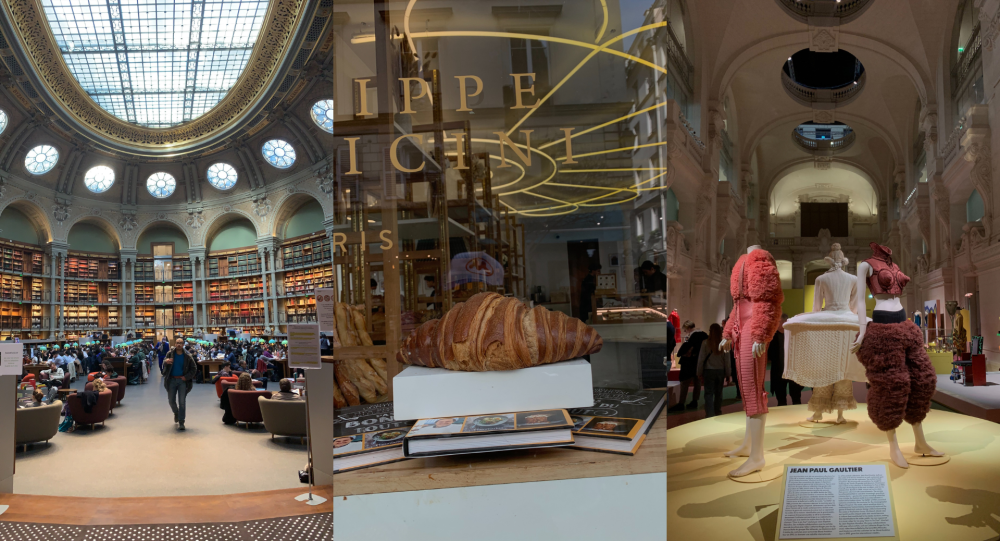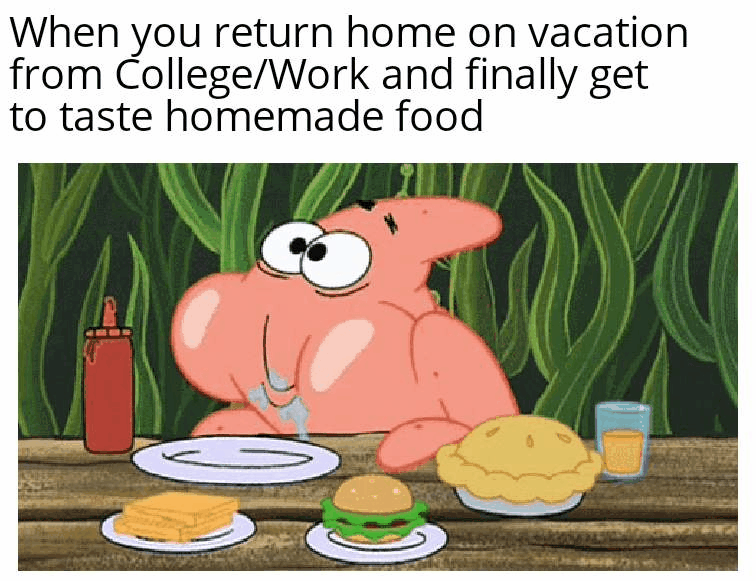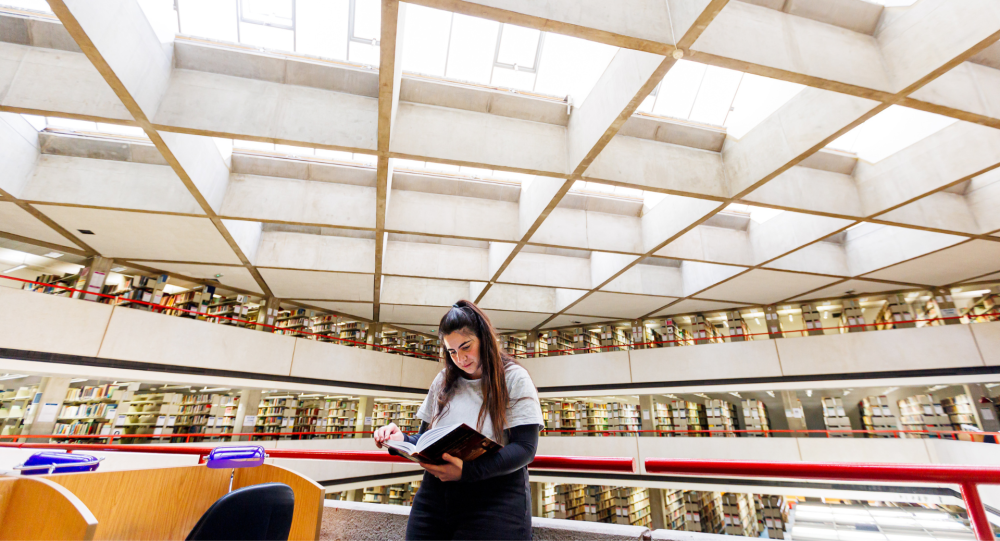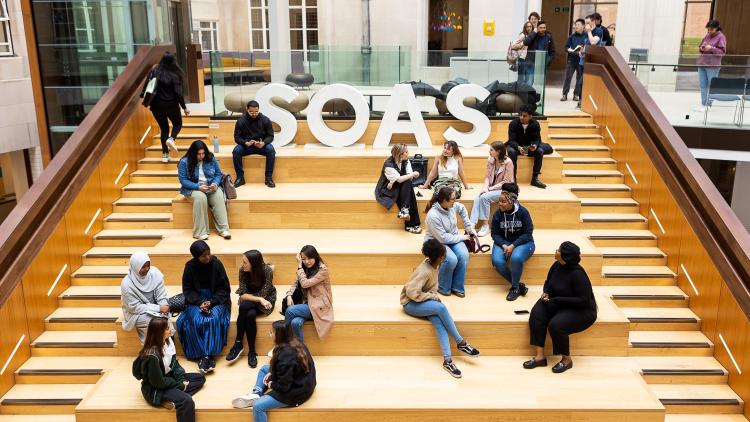Spending Reading Week right: Rest, reset and revise


Third-year student Halima shares her guide on approaching Reading Week with balance, so you come out the other side rested, refocused, and maybe even re-inspired.
Finally, Reading Week is here! Or do we mean ‘Reset week’…
The term “Reading Week” can sometimes guilt-trip us into thinking it should be spent buried in endless readings. While catching up on work is essential—especially if you’ve fallen a bit behind (haven’t we all?)—this break is also about stepping back, recharging, and planning for the next half of the term. Here’s a brief guide on how to approach Reading Week with balance to make the most of it.
Rest and reset
First things first: rest is non-negotiable. These first five weeks have likely been packed with long lectures, seminars, and intensive tutorials, so you deserve a break. Start Reading Week with some real downtime. Let yourself sleep in, binge-watch a series guilt-free, or enjoy an ‘unproductive’ day. It is important to understand that rest can be anything, even if you are doing absolutely nothing.
These first five weeks have likely been packed with long lectures, seminars, and intensive tutorials, so you deserve a break.
If you’re lucky enough to have a travel budget, a short getaway can be a great way to reset. During my February Reading Week in the first year, I took a trip to Paris with the Women’s Football team for the ‘Les Parisiennes’ tournament.
Even if you’re sticking around campus, why not play tourist in your own city? Exploring a nearby museum or hiking trail, or cosy coffee shop. If you live in London, explore some of the best museums in London.
Reconnect and socialise
Reading Week is also a great time to reconnect with family and friends. Let’s be real, the start of term rush probably had you turning down a few invites, or maybe your only “friend time” has been the group project or tutorial prep.
If you’re able, consider travelling home. A home-cooked meal or a quick catch-up with family can be just the recharge you need—and if home isn’t nearby, a heartfelt call with a loved one can do wonders too.
Why not grab a coffee with a classmate or an old friend, or host a casual game night with your flatmates at your accommodation? Even a low-key study session with friends can bring you that sense of balance between work and play! Plus, bonding over mutual struggles, like dissertation planning (for me), can ease away the pain – rule no.1 of ‘student-math’.
Refocus and plan
Once you’ve relaxed, it’s time to refocus. Take a moment to assess your progress, especially if you’re in your penultimate or final year. Reading Week is perfect for re-evaluating goals, identifying areas where you may be falling behind, and setting up a plan to tackle them.
Reading Week is perfect for re-evaluating goals, identifying areas where you may be falling behind, and setting up a plan to tackle them.
Maybe you can redesign your Notion workspace, adjust your timetable to balance personal and academic commitments or organise your notes and resources. Setting yourself up now with a plan can make the rest of the semester feel more manageable. Get ‘academic weaponising’ because you have got that degree to bag!
Revise and study smart
Yes, “reading” is technically in the name, so it’s time to hit the books. It’s not about burying yourself in books until the early hours—but rather about learning how to study smart, not hard.
Here are some tips for smart studying:
- Choose 3-5 areas or skills (academic or career-related) to improve on during Reading Week.
- Write a full list of outstanding tasks and other things on your mind.
- Divide this list into priority and non-priority items.
- Select five or more daily to-do tasks per day, starting with high-priority items.
- Incorporate at least one of the areas or skills from step 1 each day.
As James Clear notes in Atomic Habits, “small habits make a big difference.” Try using Pomodoro sessions to tackle your readings and draft summary notes to help create essay plans for your upcoming assignments. I love using the app Flora for focused work and time management. I have also found creating a ‘reading bank’ to organise the articles super effective for easy reference.
Setting mini goals for the week and a considerable amount of review each day can keep your brain active without burning out! 1% better every day has a big impact, as James Clear shows in 'Atomic habits: tiny changes, remarkable results'.
Balance is key
Above all, balance is the ultimate goal of Reading Week. Finding the sweet spot between rest, work, and fun is essential but can be difficult. So, embrace the chance to improve your Reading Week strategy throughout your academic journey. If you don’t get it perfect, don’t stress!
You’ll have winter break, February Reading Week, and spring break to continue refining your approach. And if you’re in your first or second year, you’ll have even more opportunities to find your groove.
Spend your Reading Week right so you’re ready to tackle the rest of the semester with energy and refocus.
So, get “locked-in”, but don’t lock yourself away at home or the library. Reset your mind, reconnect with friends, and refresh your goals. Spend your Reading Week right so you’re ready to tackle the rest of the semester with energy and refocus.
About the author
Halima Fahm is a third-year LLB Law student at SOAS with an interest in Politics, Sociology, and Philosophy. Alongside her studies, Halima loves to play football, go to the gym, compete in athletics and tutor. Some of her interests include travel, fashion, reading and writing.
Follow her on Instagram @konynnn or visit her webpage.





